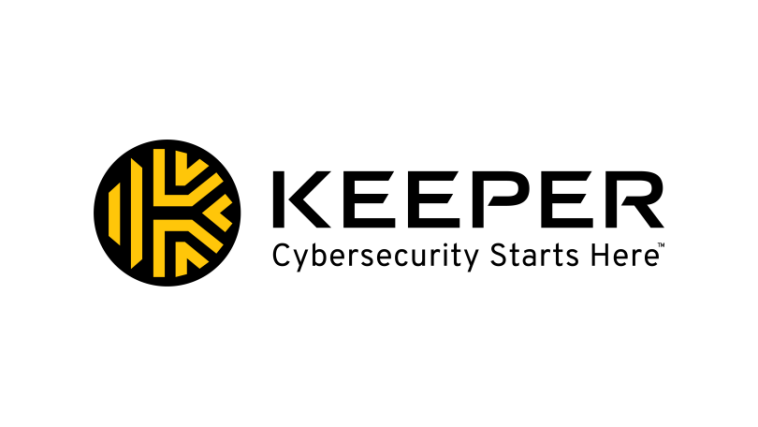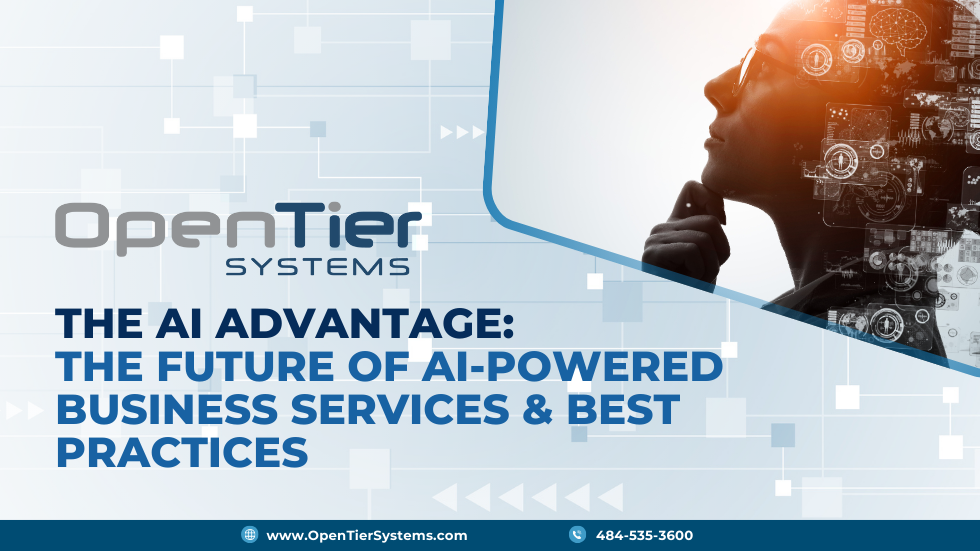As we look to the future, AI is not merely a tool for automation—it is reshaping entire business ecosystems. From enhancing customer service to revolutionizing internal operations, AI-powered solutions are set to transform how businesses operate. This article examines emerging AI applications and offers best practices to help organizations navigate this dynamic landscape.
The Emergence of AI-Powered Business Services
The rapid evolution of AI technologies has given rise to a host of innovative services that are redefining business operations:
- AI-Powered Customer Service: Chatbots and virtual assistants, powered by generative AI, provide round-the-clock support with personalized, efficient responses. These systems can handle routine inquiries, freeing human agents to tackle more complex issues.
- Cybersecurity and Threat Detection: AI-driven tools analyze vast datasets in real time to identify patterns indicative of cyber threats. By detecting anomalies early, these solutions help safeguard critical infrastructure and sensitive data.
- Legal Document Automation: Automated tools can process and analyze legal documents, dramatically reducing the time required for contract reviews and compliance checks. This not only lowers costs but also minimizes human error.
- Sales and Marketing Automation: Advanced AI systems analyze customer behavior to optimize sales funnels, predict buying patterns, and deliver tailored marketing campaigns. This data-driven approach leads to higher conversion rates and improved customer engagement.
- Human Resources and Recruitment: From screening resumes to conducting preliminary interviews, AI tools streamline the hiring process. They help identify top talent quickly while ensuring a fair, unbiased recruitment process.
Best Practices for AI Integration
Successful AI adoption requires a strategic approach that balances innovation with operational integrity. Consider the following best practices:
- Understand Your Needs: Begin by identifying the business processes that would benefit most from AI. Evaluate the specific challenges your organization faces and determine which AI solutions align with your strategic goals.
- Choose the Right Tools: Assess AI providers based on their track record in data security, compliance, and performance. Look for solutions that offer scalability and flexibility while maintaining robust privacy standards.
- Invest in Training and Change Management: For AI to be effective, your team must understand its capabilities and limitations. Invest in comprehensive training programs to equip employees with the skills needed to work alongside AI systems. Cultivate a culture of continuous learning and innovation.
- Measure and Adapt: Establish clear metrics and key performance indicators (KPIs) to monitor the impact of AI on your operations. Regular evaluations will help you identify areas for improvement and ensure that your AI initiatives deliver tangible business value.
- Balance Automation with Human Oversight: While AI can streamline many processes, human judgment remains critical. Maintain a level of human oversight to ensure ethical practices, address nuances that machines might miss, and foster creative problem-solving.
Looking Ahead: A Roadmap for the Future
As AI continues to advance, businesses should prepare for an increasingly integrated digital future. Key trends to watch include:
- Bespoke AI Solutions: More companies will develop custom AI models trained on proprietary data, ensuring tighter alignment with specific operational needs.
- Enhanced Interoperability: Future AI systems will likely be more seamlessly integrated into existing enterprise infrastructures, enabling smoother data exchange and workflow automation.
- Ethical and Transparent AI: With growing scrutiny on AI ethics, businesses will need to prioritize transparency and fairness in their AI deployments, setting new standards for accountability.
AI is more than a technological upgrade—it is a strategic enabler for future business success. By embracing AI-powered services and following best practices, organizations can drive innovation, improve operational efficiency, and stay ahead in an increasingly competitive market. The journey to full AI integration is ongoing, and those who invest in learning and adapting today will reap the benefits tomorrow.

































